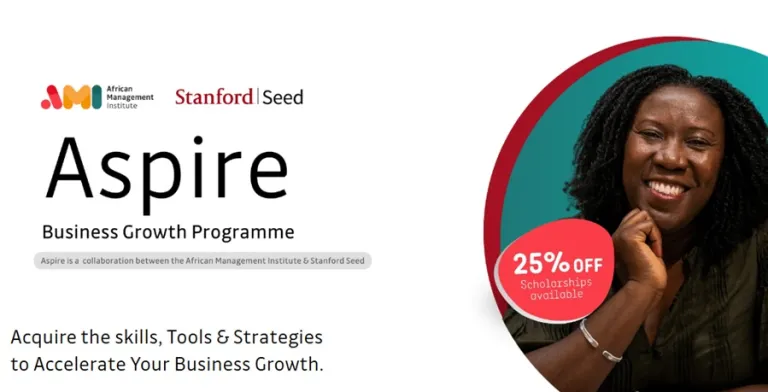Former Microsoft Employee Says The Tech Giant is Involved in Alleged Widespread Corruption in Africa

On Friday, a former Microsoft employee published an essay on Lioness, a whistleblower website, alleging that corruption in the company has spread throughout Africa and the Middle East.
According to Tech Central, in 2019, the tech giant company and its former partner, South African EOH Mthombo, were accused of being involved in alleged corruption in a scandal involving dodgy government contracts, which the whistleblower claims was just the tip of an iceberg.
According to Tech Central, Microsoft terminated its agreements with EOH as a result of this ordeal.
According to Media24, a Microsoft executive responded to the allegations on Saturday, saying that the company had previously investigated them and labeled them “many years old.”
“We worked with government agencies to resolve any concerns,” said Becky Lenaburg, Microsoft’s VP and deputy general counsel for compliance and ethics.
“We are committed to conducting business responsibly.” “Microsoft always encourages anyone to report anything they see that they believe may violate the law, our policies, or our ethical standards,” Lenaburg added.
The whistleblower claimed that in 2016, a request for $40,000 was received in order to expedite the closing of a deal in one African country. The client, however, did not appear in Microsoft’s database of potential clients, according to the whistleblower.
“…he wasn’t even supposed to be doing business with Microsoft: he’d been fired four months earlier for poor performance on the sales team, and corporate policy prohibits former employees from working as partners for six months after their departure without special approval,” wrote Yasser Elabd, a former Microsoft employee, in the lengthy blog post.
Elabd claims that when he brought the issues to the Microsoft services architect, whom he did not name, who wrote the request, she reportedly said that the in-house team was too expensive and that they needed a less expensive team to handle a pilot project.
“Still suspicious, I escalated the situation to my manager, who then referred it to human resources and the legal department.” I took the business investment fund seriously and wondered why we would give money to a partner who couldn’t produce the desired results. “The legal and HR teams stopped the $40,000 spend, but to my surprise, they did not investigate the Microsoft employees who were orchestrating the bogus deal,” Elabd said.







